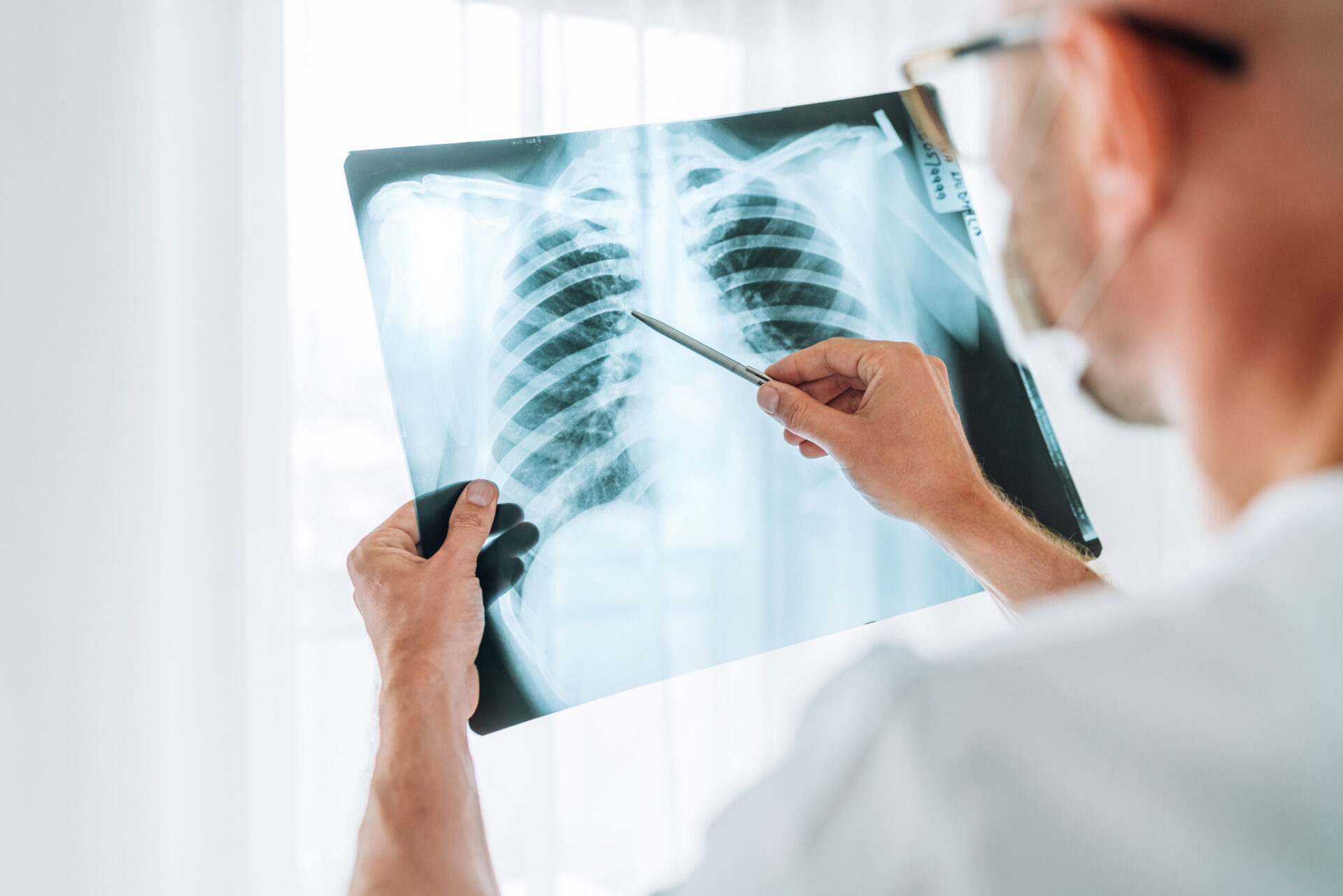West Virginians with black lung will have the opportunity to learn about eligibility for benefits at upcoming educational events.
Events held in Fairmont and Madison from March 19-21 will allow current and former coal miners suffering from black lung to get assistance with filing or refiling claims and receive eligibility information.
According to the U.S. Department of Labor, there are currently 4,200 people receiving program benefits in West Virginia.
The events are hosted by the U.S. Department of Labor’s Federal Black Lung Program.
“The U.S. Department of Labor encourages current and former coal miners, and survivors in these areas to attend one of these events to learn more about eligibility for benefits under the Black Lung Benefits Act,” said Division of Coal Mine Workers’ Compensation Director Mike Chance. “Attendees can get assistance with filing or refiling claims and get information on eligibility and the adjudication process.”
The events are open to the public and do not require preregistration to attend.
The events will be held as follows:
- March 19 – Marion County Public Library, 321 Monroe Street, Fairmont, W.Va. from 9:30 a.m. to 6:30 p.m.
- March 20 – Boone Madison Public Library, 375 Main Street, Madison, W.Va. from 11 a.m. to 4:45 p.m.
- March 21 – Boone Madison Public Library, 375 Main Street, Madison, W.Va. from 9 a.m. to 4:45 p.m.
For more information and assistance on submitting any bills for black lung related medical treatment, services or medical supplies, contact the Federal Black Lung Program at 1 (800) 347-2502.
Appalachia Health News is a project of West Virginia Public Broadcasting with support from Marshall Health.
